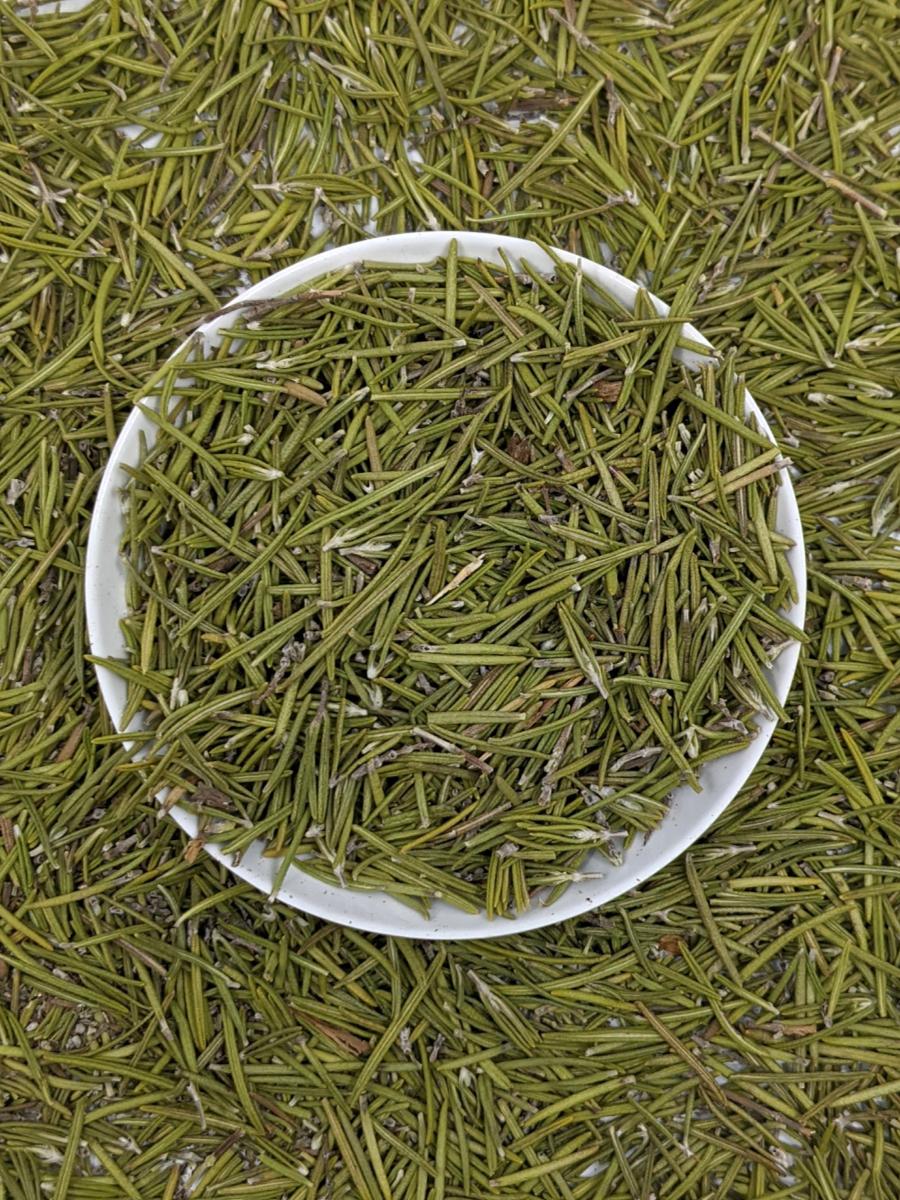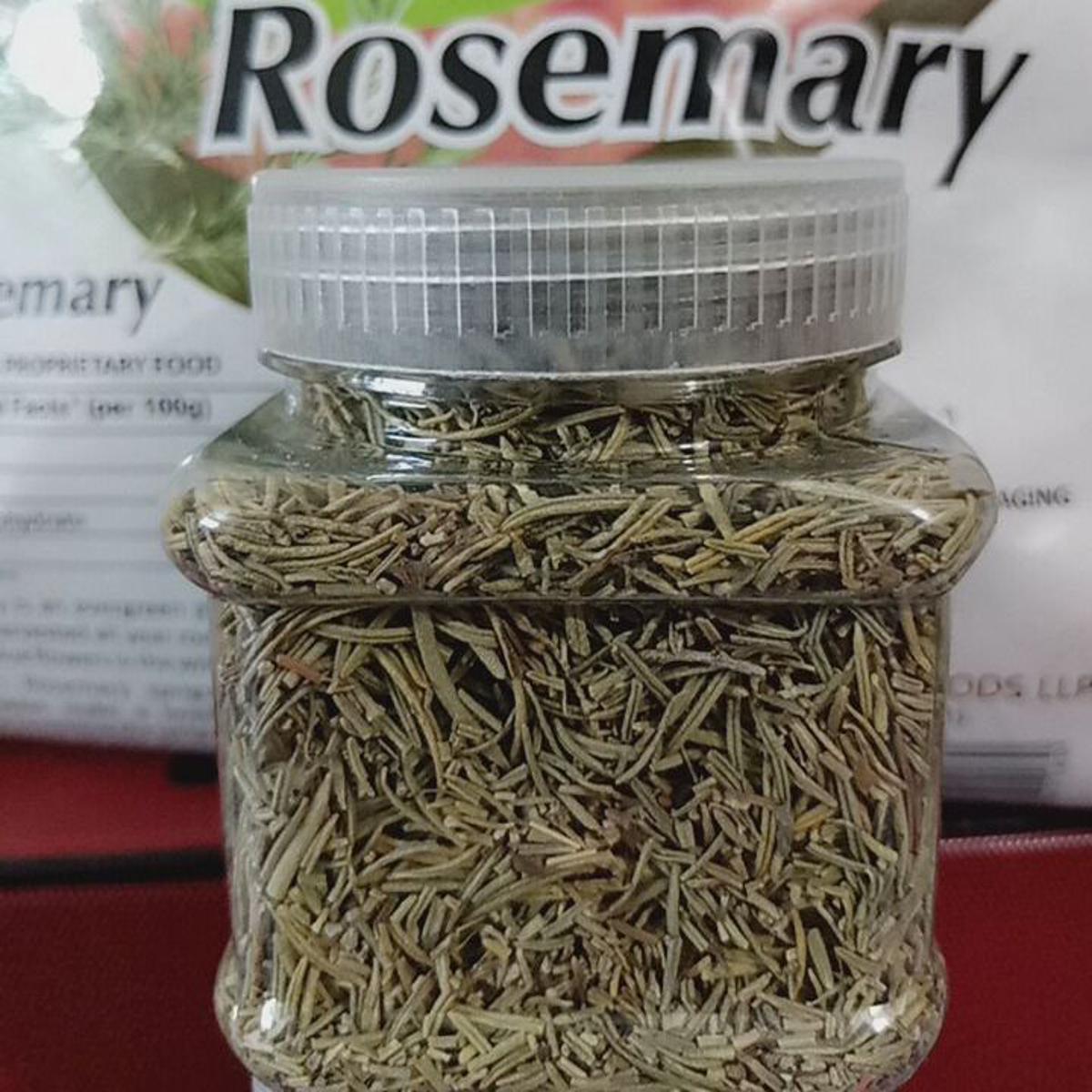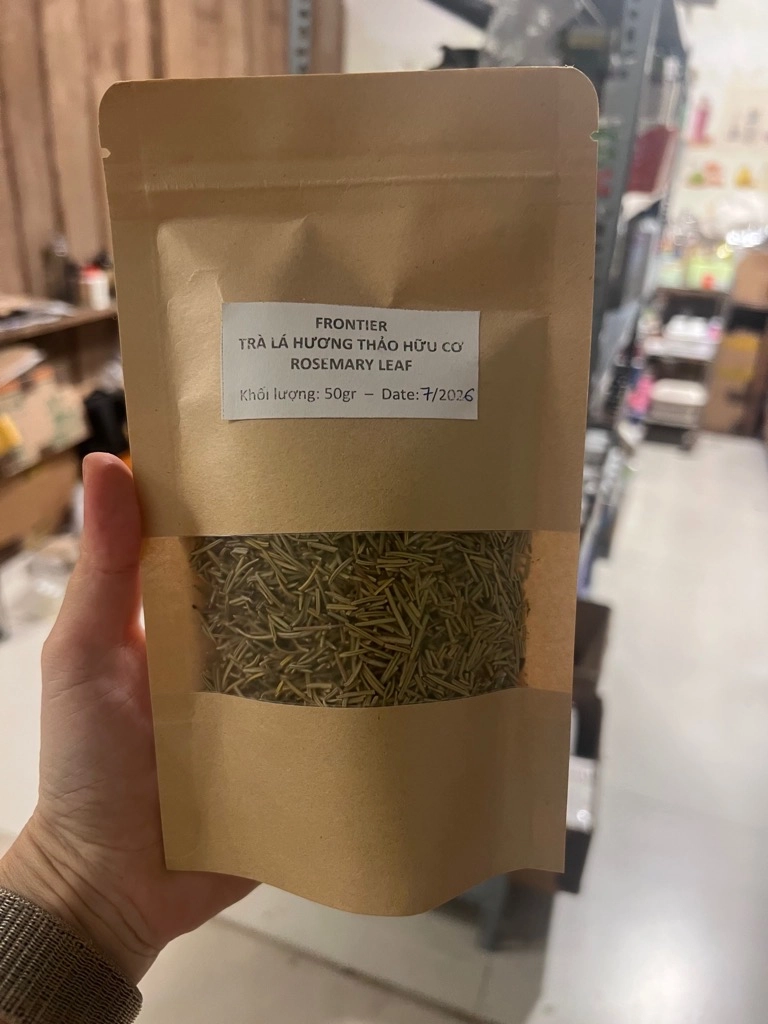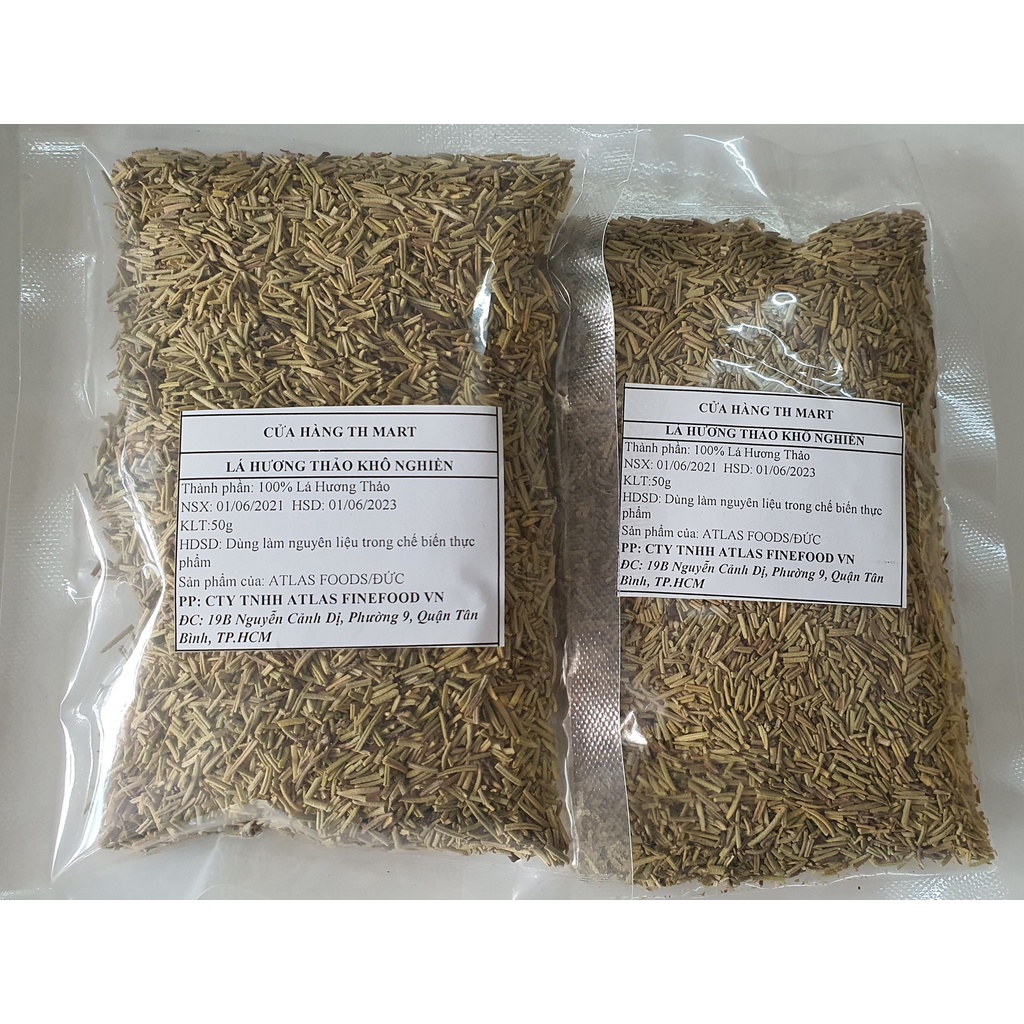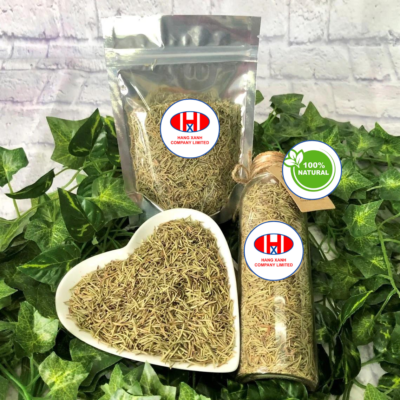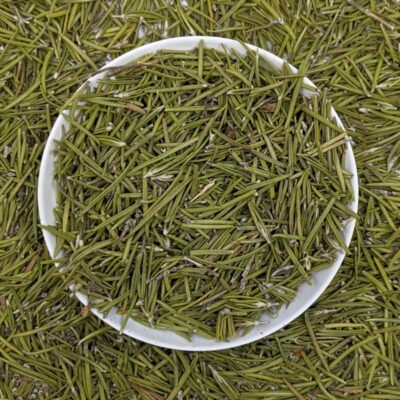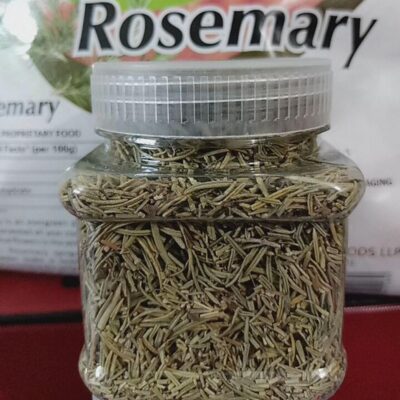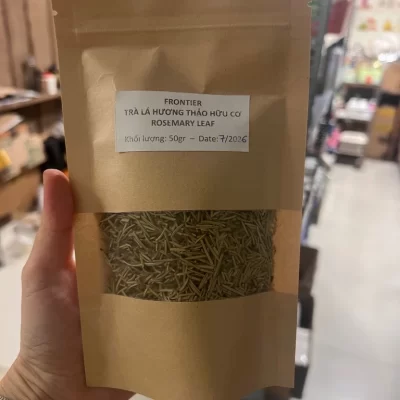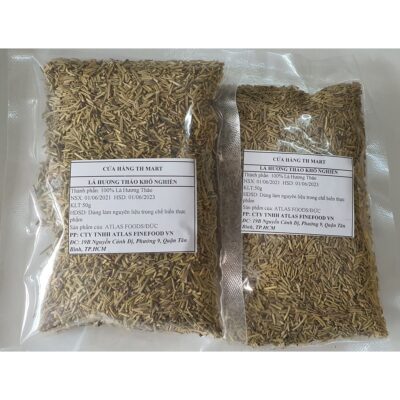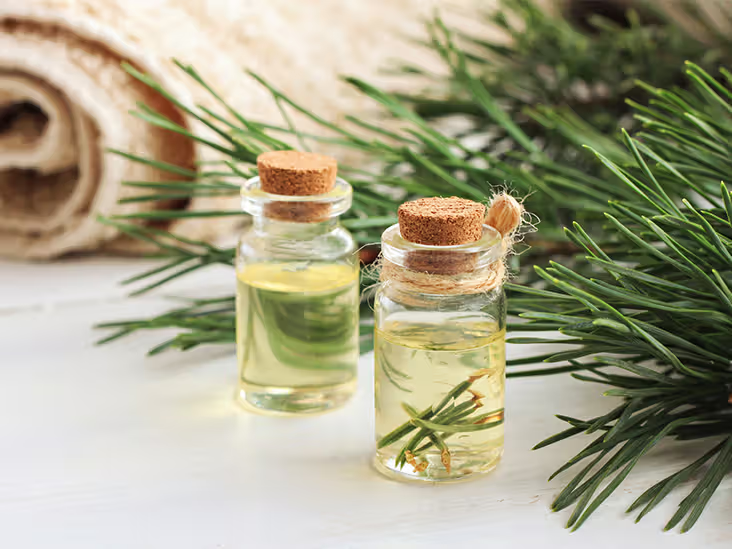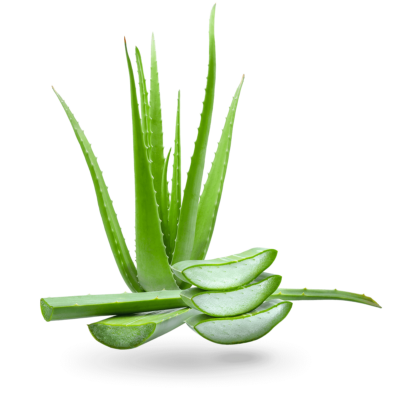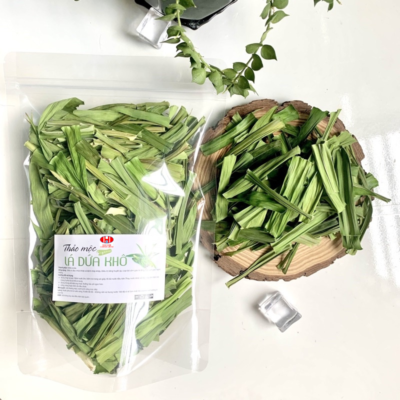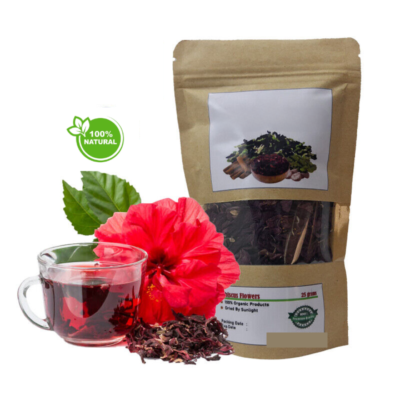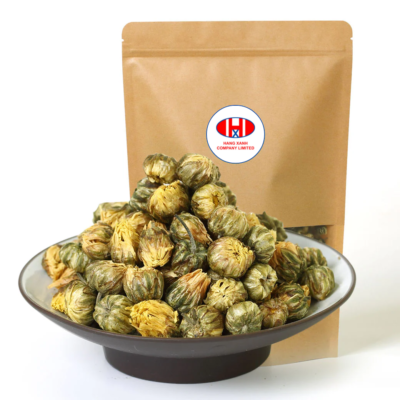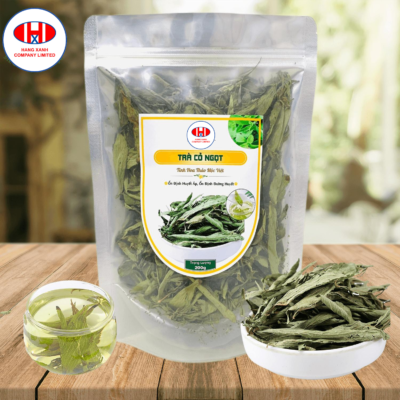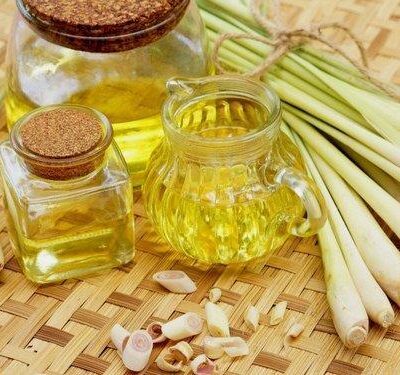Price: Contact
- Ingredient: 100% natural
- Instruction for use: Food
- Life time: 2 years
- In orgin: Bac Giang, Vietnam
- Style: Dried
- Processing type: Flavored
- Cultivation Type: Shared
- Part: Leaf
- Weight / kg): 1
- MOQ: 500KGS
- Usage: Healthcare
- Taste: Natural Taste
- MOISTURE: 8.0% Max
- Max. Humidity (%): 12
Packaging:
- 150g, 250g, 500g, 1000g
- Bulk, Gift Packaging, Vacuum Packaging
- OR AS CUSTOMER’S REQUEST
In the realm of herbs, few can rival the aromatic allure and versatile nature of rosemary leaves. Known for its distinctive fragrance and culinary appeal, rosemary has been cherished for centuries for its culinary, medicinal, and ornamental properties. Let’s explore why rosemary leaves have become a staple in kitchens and households around the world.
1. Culinary Delight
Rosemary leaves are a beloved ingredient in the culinary world, prized for their robust flavor and aromatic scent. Whether used fresh or dried, rosemary adds depth and complexity to a wide range of dishes, from savory meats and vegetables to baked goods and beverages. Its earthy, pine-like flavor pairs beautifully with lamb, chicken, potatoes, and roasted vegetables, making it a versatile herb for elevating your culinary creations.
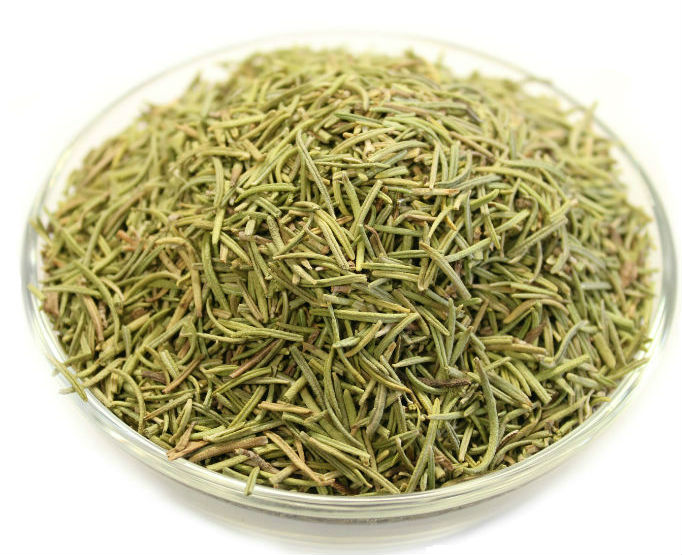
2. Health Benefits
Beyond its culinary uses, rosemary leaves are also valued for their potential health benefits. Rich in antioxidants and anti-inflammatory compounds, rosemary has been associated with various health-promoting properties. Studies suggest that rosemary may help improve digestion, boost cognitive function, and support heart health. Additionally, the aroma of rosemary has been shown to enhance mood and reduce stress, making it a popular choice for aromatherapy and relaxation.
3. Herbal Remedy
In traditional medicine, rosemary has been used for its medicinal properties for centuries. It is believed to have antimicrobial, antiviral, and anti-inflammatory properties, making it a popular remedy for ailments such as colds, coughs, and respiratory infections. Rosemary oil is also used topically to soothe sore muscles, alleviate headaches, and promote hair growth. Whether enjoyed as a tea, infused oil, or herbal remedy, rosemary leaves offer a natural and holistic approach to health and wellness.
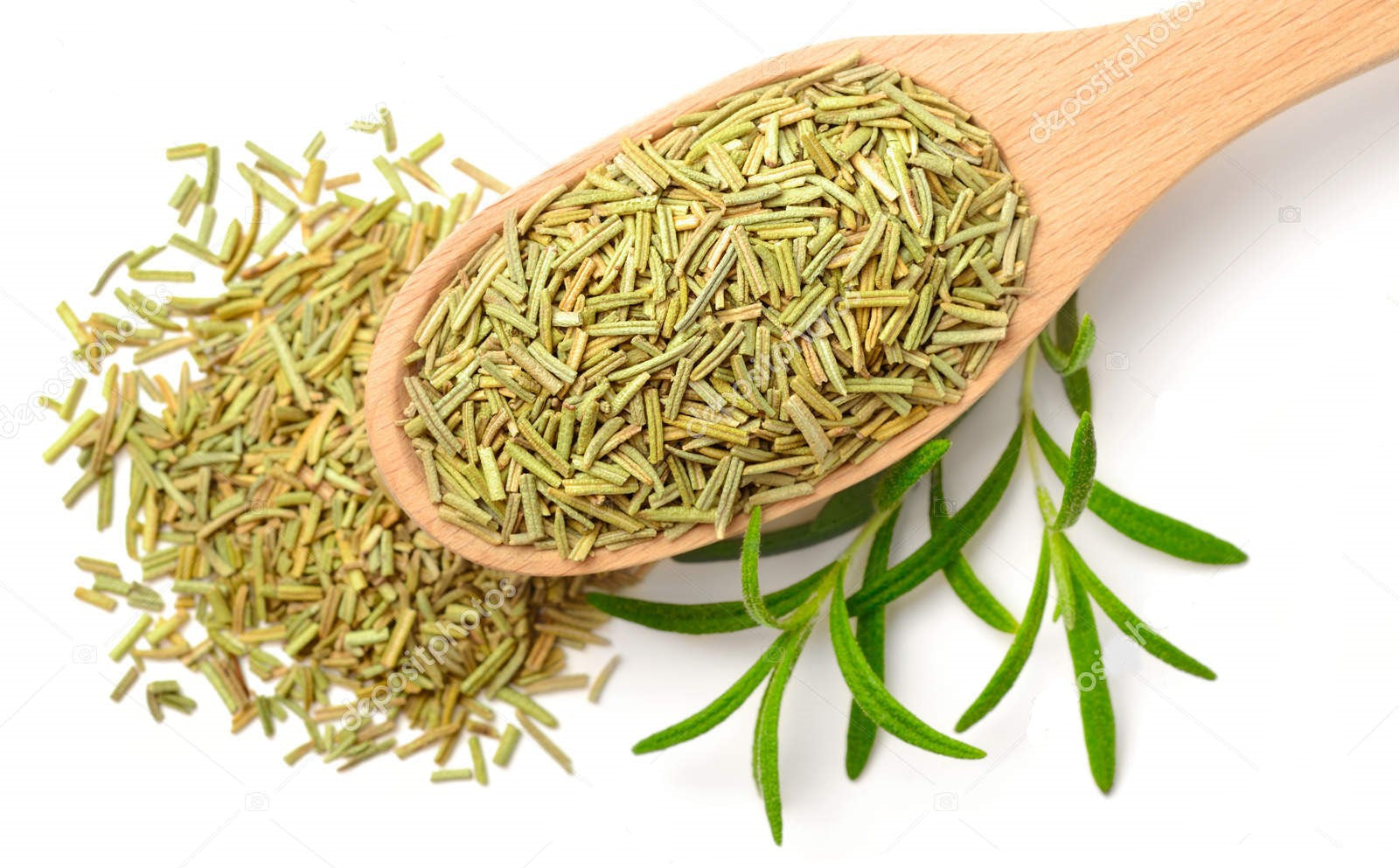
4. Culinary Versatility
One of the standout features of rosemary leaves is their culinary versatility. Whether used as a seasoning, garnish, or flavoring agent, rosemary can enhance a wide range of dishes with its aromatic flavor profile. Fresh rosemary leaves can be chopped and added to marinades, dressings, and sauces, while dried rosemary can be sprinkled over roasted meats and vegetables for an extra burst of flavor. With its ability to complement both sweet and savory dishes, rosemary is a go-to herb for home cooks and professional chefs alike.
5. Easy to Grow
For those with a green thumb, rosemary is a delight to grow at home. This hardy perennial herb thrives in sunny, well-drained soil and requires minimal maintenance once established. Whether grown in pots on a windowsill or in a garden bed, rosemary adds beauty and fragrance to any space. Plus, having fresh rosemary on hand allows you to enjoy its culinary and medicinal benefits whenever inspiration strikes.
In conclusion, rosemary leaves are much more than a mere culinary herb – they are a fragrant and versatile ingredient with a rich history and a wide array of health benefits. Whether used to season a hearty roast, brew a soothing tea, or infuse an aromatic oil, rosemary leaves add a touch of elegance and flavor to every dish. Embrace the magic of rosemary and elevate your culinary creations with this timeless herb.


